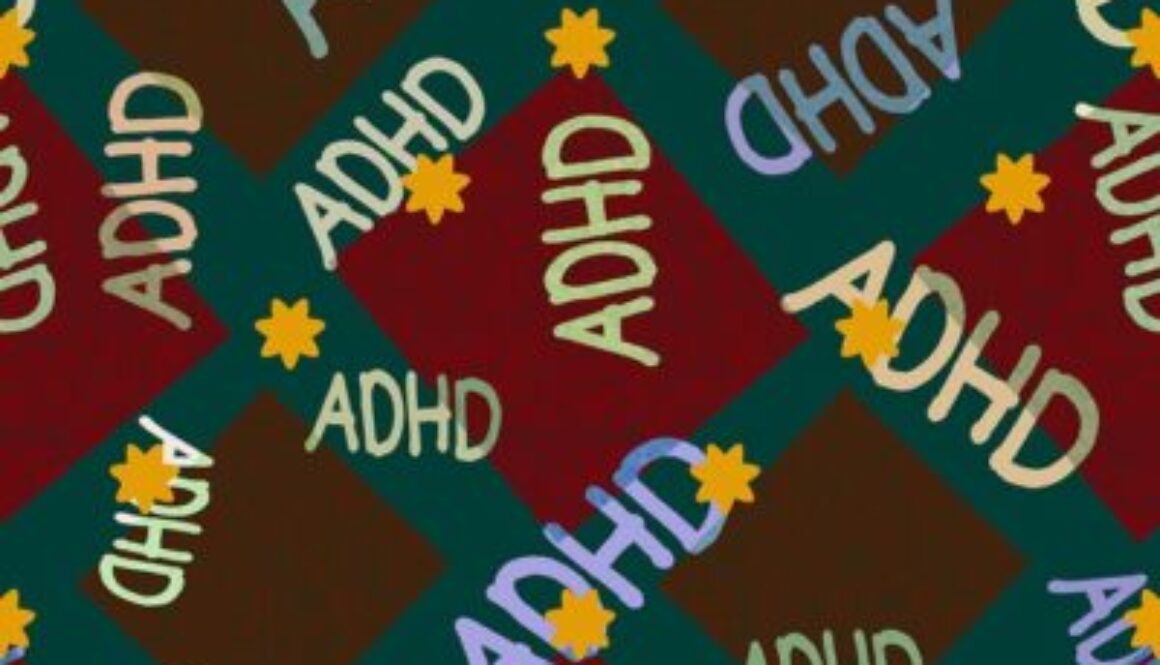Embracing Neurodiversity Celebration Week
Did you know, that his week is Embracing Neurodiversity Celebration Week? runs from 13 – 19 March 2023
Neurodiversity Celebration Week is a worldwide initiative that challenges stereotypes and misconceptions about neurological differences. It aims to transform how neurodivergent individuals are perceived and supported by providing schools, universities, and organisations with the opportunity to recognise the many talents and advantages of being neurodivergent, while creating more inclusive and equitable cultures that celebrate differences and empower every individual.

Neurodiversity Celebration Week, which runs from 13 – 19 March 2023, is a worldwide initiative that challenges stereotypes and misconceptions about neurological differences. It aims to transform perceptions of neurodivergent individuals, encouraging organisations to recognise the talents and advantages of being neurodivergent, while creating more inclusive and equitable workplace cultures that celebrate differences and empower individuals.
‘Neurodiversity’, ‘neurodivergent’ and ‘neurodivergence’ are words which relate to the concept that certain individuals’ brains work and interpret information in a different way to those who are deemed ‘neurotypical’ (ie those who interpret information in the way that is expected). Neurodivergence is commonly recognised where individuals have been diagnosed with neurological conditions such as: autism, dyslexia, dyspraxia, Attention Deficit Hyperactivity Disorder (ADHD) and others.
Employers who fully understand and value the talents of neurodiverse minds in their organisation will reap the benefits. Neurodivergent employees can bring significant strengths, such as having higher levels of attention to detail and innovation, creative thinking and problem-solving skills. Embracing neurodiversity in the workplace can give employers a competitive edge, widening the talent pool and bringing new ideas and perspectives.
However, research from the City & Guilds Foundation and Do-IT has revealed that employers need to do more to support neurodiverse employees, with 32% saying they have not been able to disclose their condition in the workplace, and 40% feeling they are impacted most days by it. 10% of respondents with a neurodiverse condition said they had been met with a poor response if they have disclosed. In addition, just under half of respondents reported family dependents who are neurodiverse and 3 in 10 parents of neurodivergent children said this had an impact on their work.
As well as capturing an understanding from employees, the research found that less than a quarter of HR professionals have had specific training to support neurodiverse employees and only 29% of senior leaders have had neurodiversity training, although 49% of organisations surveyed have neurodiversity champions or mentors.
Professor Amanda Kirby, CEO of Do-IT Solutions, said “the challenge remains in society that there is still a low level of appreciation of differences and the talents and skills we can gain if we ensure a more inclusive approach to both education and employment.”
The research highlights the need for employers to pro-actively review their recruitment and employment practices to raise awareness and educate staff about neurodiversity in the workplace and ensure that tailored support is available for neurodiverse employees and those with neurodiverse dependents.
Here are some of our other blogs written on the subject:

YOUR OUTSOURCED HUMAN RESOURCES DEPARTMENT.
For further information on any of the HR subjects we provide, please click the heading below:


